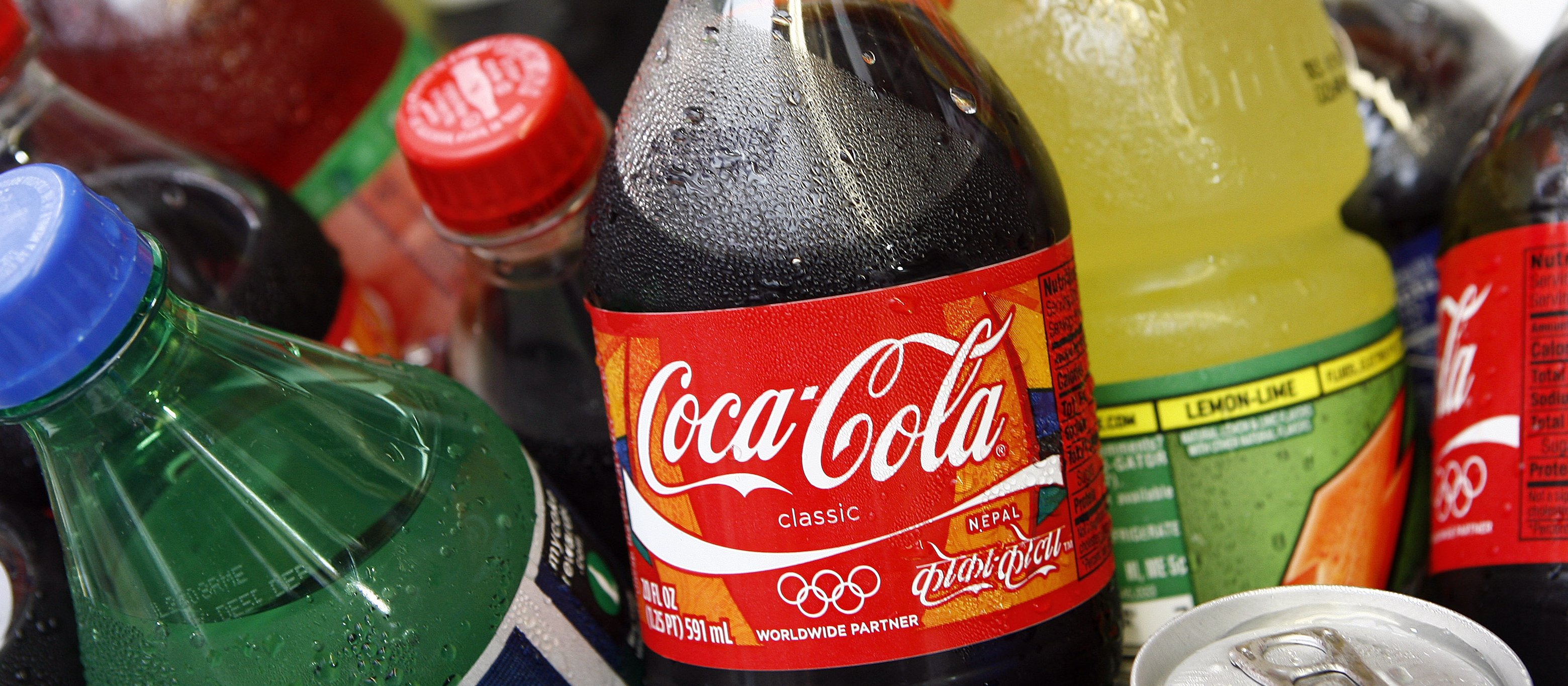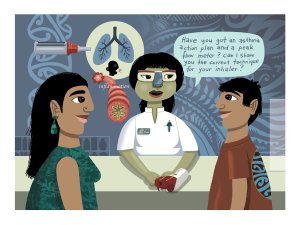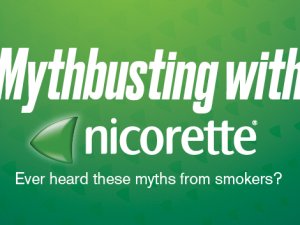Academic pharmacist Nataly Martini discusses the medical management of asthma in adults and adolescents, which has evolved to prioritise early anti-inflammatory treatment. She also explains how to improve patient outcomes by proactively identifying poor asthma control and supporting equitable access to education and treatment
Calls for more action on alcohol, junk food and tobacco
Calls for more action on alcohol, junk food and tobacco

If we are going to tax unhealthy foods more, I would certainly want to see the cost of healthy foods coming down
Health Coalition Aotearoa is calling on doctors and pharmacists to join its movement to reduce harms from tobacco, alcohol and unhealthy food.
On 8 August, the advocacy group made up of non-governmental health and consumer organisations, will be inviting politicians to at a political panel responding to its recently released prevention brief outlining a strategy for reducing harm caused by these products.
Politicians including health minister Ayesha Verrall, National’s health spokesperson Shane Reti and Green Party MP Chloe Swarbrick will be attending the event, which is co-hosted by the Public Health Communications Centre and the University of Otago, Wellington.
Health Coalition Aotearoa co-chair Boyd Swinburn says addressing social and health problems from unhealthy products will mean taking on harmful industries to level the playing field of policy influence.
“We need to make it harder to lobby behind closed doors and increase investment in prevention to at least five per cent of the health budget,” Professor Swinburn says in a media release.
Health Coalition Aotearoa co-chair Lisa Te Morenga (Ngāti Whātua Ōrākei, Te Uri o Hua, Ngāpuhi, Te Rarawa) says pharmacists and doctors can provide valuable advice and information to reduce harm from these products.
However, the coalition is trying to move the focus away from individual’s choices to changing the environments people live in that make it hard not to make poor health choices.
With no regulation of food and drink marketing to children, kids are exposed to an average of eight advertisements for unhealthy food and drink every hour during peak television viewing hours. There is no protection from the relentless targeting of ad algorithms while children are online.
Low-income neighbourhoods are disproportionately targeted, which contributes to alcohol marketing being seen by Māori and Pacific children five times and three times more often than New Zealand European children, says the coalition.
Dr Te Morenga says targeting communities with high Māori and Pacific populations perpetuates systemic inequity in health outcomes.
She says health professionals can help turn the tide by advocating for change though groups like the coalition, and engaging in activism against unhealthy commodities being sold in their local areas.
Political parties have recently revealed policies on food affordability. Te Pāti Māori last week revealed its plan to remove GST from all food, while National Party deputy leader Nicola Willis claimed to have seen a leaked Labour policy to remove GST from fruit and vegetables. Labour has not said whether this will be its policy.
Dr Te Morenga is not a fan of removing GST from fruit and vegetables only, as it will disproportionately benefit wealthy people who can afford these items. “I don’t think it’s very pro-equity.”
While she also has concerns about the Māori party’s policy making unhealthy food cheaper, she thinks overall cheaper high-quality food would make more of a difference in reducing costs faced by low-income families.
Making unhealthy foods unaffordable, like smoking by increasing taxes on them, would be good but Dr Te Morenga says it is not the right time due to the economic climate.
“If we are going to tax unhealthy foods more, I would certainly want to see the cost of healthy foods coming down,” she says.
It is important to ensure things like baked beans are available as the can provide a nutritious meal that can be eaten straight out of can and don’t need a fridge, she says.
The Health Coalition Aotearoa prevention brief calls for the Government to take multiple measures to protect public health, including:
-
Fully implement the key measures of the Smokefree Environments and Regulated Products Act 1990, including monitoring and enforcement of the measures, and evaluation of their impact.
-
Fully fund Māori-led initiatives to reduce smoking.
-
Amend legislation and regulations to ensure rangatahi and young adults are better protected from vaping-related harms.
-
Amend the Sale and Supply of Alcohol Act 2012 to embed Te Tiriti o Waitangi, remove the Local Alcohol Policy appeals process, strengthen community control in licensing, and regulate online purchase and delivery of alcohol.
-
Increase alcohol taxes to reduce affordability of alcohol products.
-
Ban all promotion and marketing of alcohol products.
-
Develop and implement a package of fiscal levers by 2025 to reduce the cost of healthy food.
-
Expand the Ka Ora, Ka Ako health school lunch programme to reach at least half of school children by 2025 and introduce a duty on schools to provide only healthy food and drinks.
-
Legislate to protect children from exposure to all forms of unhealthy food marketing in the places they learn, live and play.
-
Strengthen the management of commercial conflicts of interest and regulate lobbying.
-
Protect the right of public sector employees to publicly advocate for evidence-based policy change.
-
Build a stronger public health ecosystem for health equity, especially through protecting the mana and mandate of Te Aka Whai Ora.





